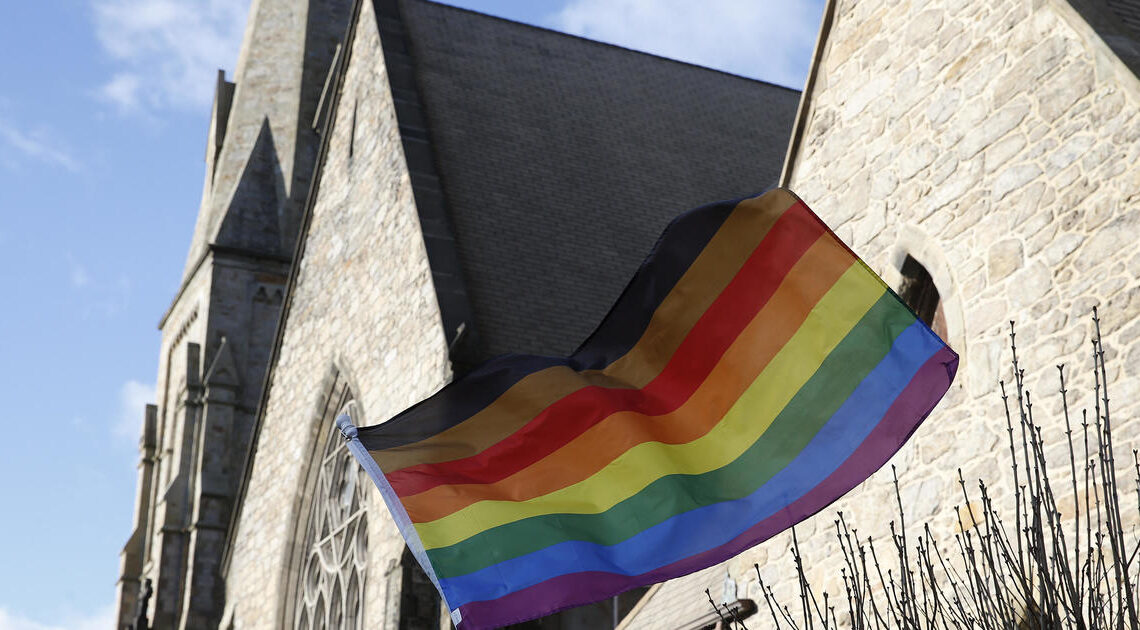Thousands of United Methodists are gathering in Charlotte, North Carolina, for their big denominational meeting, known as General Conference.
It’s a much-anticipated gathering. Typically it is held every four years, but church leaders delayed the 2020 gathering until now due to the COVID-19 pandemic.
This year, the 11-day gathering runs from April 23 to May 3. Among those assembling are hundreds of voting delegates — the United Methodists from across the globe who were elected to represent their regional church body — though as many as one-quarter of international delegates are not confirmed as able to attend. The delegates, half clergy and half lay Methodists, are the decision makers at General Conference.
What is the General Conference?
General Conference — the only entity that can speak for the entire denomination — is a business meeting where delegates set policy, pass budgets and address other church-wide matters. It’s the only body that can amend the United Methodist Book of Discipline, which includes church law. It also includes Social Principles, which are non-binding declarations on social and ethical issues. There’s worship and fellowship, too.
This will be the first General Conference since more than 7,600 mostly conservative congregations left the United Methodist Church between 2019 and 2023 because the denomination essentially stopped enforcing its bans on same-sex marriage and having “self-avowed practicing homosexuals” serving as clergy and bishops.
The delegates in Charlotte are expected to vote on whether to eliminate the LGBTQ-related bans this year. Similar efforts have failed in years past, but with the election of more progressive delegates and the departure of many conservatives, supporters of removing the bans are optimistic.
What other key issues are up for consideration?
— Disaffiliations: The rules that allowed U.S. congregations to leave between 2019 and 2023. It allowed them to leave with their properties, held in trust for the denomination, under friendlier-than-normal legal terms. Some want similar conditions for international churches and for U.S. churches that missed the 2023 deadline.
— Regionalization: A proposal to restructure the denomination into regional conferences around the world, rather than having distinct names for U.S. and other jurisdictions. It would define the role of regions more precisely and put American congregations into their own regional body. Under…
Click Here to Read the Full Original Article at Home – CBSNews.com…

